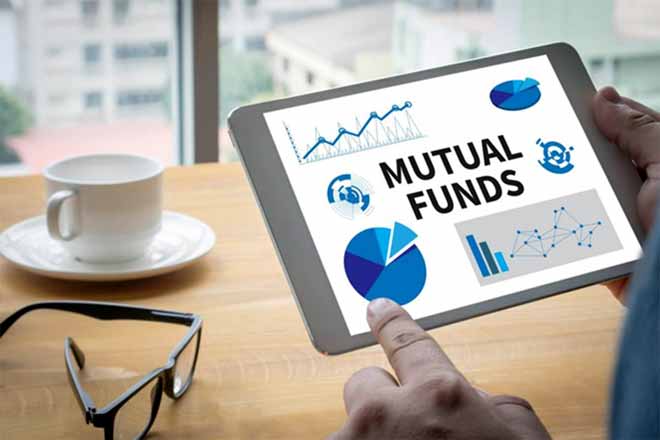Debt mutual funds (FDs) invest in fixed income instruments like Treasury Bills, government bonds, rated company bonds and short term papers. So, these funds are perceived as secure mode of investments with predictable returns. However, a series of bond failures that started with IL&FS default and DHFL being the latest casualty, have hit returns of many debt funds with over exposure to such defaulted companies, giving a jolt to the confidence of investors.
“Debt funds can be categorised into accrual and duration schemes. Accrual funds face risks of credit downgrade and default – as we have recently seen during failures of IL&FS and DHFL bonds, while duration funds face interest rate risks, although such funds don’t face any default risk,” said Financial Coach & Corporate Trainer Prof. Rahul Ranjan.
It is understandable that when emergency money parked in a safe category of funds give negative return, it would leave the investors shaken and bruised. But, despite the recent adversities that hit some debt fund schemes hard, benefits like high liquidity, safety and tax benefits on long-term capital gains still make it an attractive choice over other fixed income options.
Although it’s a mistake of fund managers to take large exposure on debt instruments of a single group, but the rating agencies who gave high rating to papers of such companies and economic situation that led to repeated bond failures are also to be blamed for such turmoil in the debt fund category.
While some factors are not under control of fund managers, but investors need to watch out how controllable factors are handled before selecting a fund.
Following factors should be kept in mind while choosing a debt fund scheme:
Fund manager
As debt funds invest in fixed return instruments, it’s not generating returns, but managing risks that is most important task for fund managers. So, before investing, you should check the experience and track of the fund manager in managing debt funds.
Risk attitude of AMC
To lure investors with some extra returns, few AMCs compel their fund managers to invest in high-risk securities. Even in recent series of defaults, it may be seen which AMCs have hit hard after each instances of bond failures. You should avoid investing in debt funds of those AMCs that take higher risks. Investors should select the schemes only from those AMCs that have better track record of managing debt funds,” said Ranjan.
Types of fund
Market regulator SEBI has divided debt funds into 16 categories depending on scheme characteristics, which predominantly depend on types of securities a particular category of debt scheme invests. Higher the duration of a security, higher is the risk and vice versa. So, to play safe, select the category of debt fund that invests in securities of short duration like – overnight fund, liquid fund, ultra short-term fund, short-term fund etc.
Portfolio
Before putting money in a particular scheme, go through its portfolio to see there is no over exposure to securities of a company or a group of companies. Higher distribution and lower concentration of investment money would ensure higher safety.
Recent return
As debt funds invest in fixed income securities, return generated by same category of funds should be similar and close to the rate of return offered by the underlying securities. If a category of funds or a particular scheme have given higher recent return, it must be due to change in economic situation like change in policy rate or a trick of assuming higher risks has already paid off and pushed such funds among top funds in term of recent returns. So, investing in such top funds means you are taking higher risk in the quest of earning slightly higher return by putting your capital at stake, which would be a costly mistake.
So, taking informed decision on debt fund investment is not a cake walk and in case you don’t have enough knowledge, experience and time to study things before investing, the biggest mistake for you would be investing blindly without taking advice from professional financial advisors, while making big investments, or not taking help of independent financial advisors (IFAs)/distributors, while making even smaller investments. “Investors should select a very knowledgeable financial advisor having specialisation in debt market,” said Ranjan.

